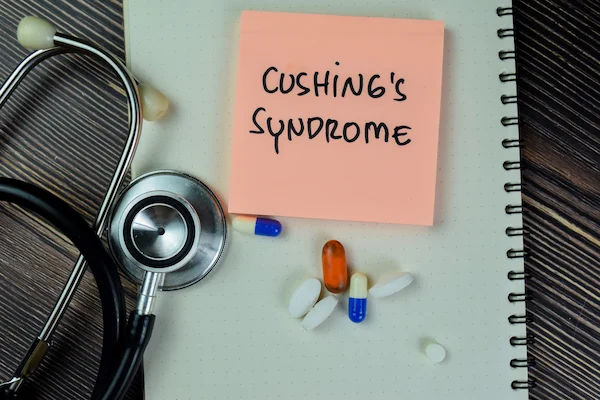- female
- 30 Years
- 01/04/2021
Is hirsutism reversible?
Answered by 1 Apollo Doctors
Hirsutism is a common disorder that usually can be treated successfully with medication. Following medical treatment, electrolysis or laser treatment can be used to permanently reduce or remove any remaining unwanted hair.
Dr. Chandra Suggests...
Consult a Endocrinologist
Answered 04/07/2025
0
0


Ask Apollo
AI powered Health Chatbot
Hirsutism, or excessive hair growth in women, can often be managed and sometimes reversed, depending on the cause.
-
Causes:
- Hormonal imbalances, such as elevated androgens in polycystic ovary syndrome (PCOS).
- Certain medications or other endocrine disorders.
-
Reversibility:
- Identifying and treating the cause, like managing PCOS or adjusting medications, can reduce or reverse hair growth.
-
Treatment Options:
- Lifestyle changes and medications like anti-androgens or hormonal therapies.
- Cosmetic methods such as laser hair removal or electrolysis for longer-term reduction.
-
Medical Evaluation:
- Consult a healthcare provider or endocrinologist to determine the cause and appropriate treatment.
In summary, with proper diagnosis and treatment, many women see improvement. Seek personalized advice for effective management.
Recommended next steps
Consult a Endocrinologist
Answered 20/08/2025
0
0
More Endocrinology Health Queries
View allI'm 18 and my height's stuck at 5.3 feet. I really want to hit 5.7 feet. I'm eating right and exercising regularly, but still not seeing any changes. Could you help me out with some advice on how to increase my height? Are there any medicines that can actually help with growing taller?
At the age of 18, the growth plates in your bones may have already fused, limiting the potential for further height growth. However, if you are still looking to explore options, you can consider taking Growth Factor Plus. It is a supplement that contains a blend of growth factors and amino acids to support bone and cartilage growth. The recommended dosage is 2 capsules daily with food. Additionally, maintaining a healthy diet rich in calcium, vitamin D, and protein, along with regular exercise, can also support overall bone health.
Answered by 1 Apollo Doctors
I'm dealing with waist pain and it's been going on for a couple of months now. I got my vitamin D3 levels checked and it's at 12.5. My doctor wants me to take arachitol injections. Is this something I should be worried about? Is it safe?
yes it is safe to use
Answered by 1 Apollo Doctors
I'm interested in starting male to female hormone replacement therapy but not considering surgery right now. What's the best way to get more feminine features pills or injections? Can you recommend a good doctor who specializes in this?
Warm compresses, sitz baths, and antibiotics can help early Bartholin cysts; if it worsens or recurs, a minor procedure like marsupialization may be needed.
Answered by 1 Apollo Doctors
Disclaimer: Answers on Apollo 247 are not intended to replace your doctor advice. Always seek help of a professional doctor in case of an medical emergency or ailment.




